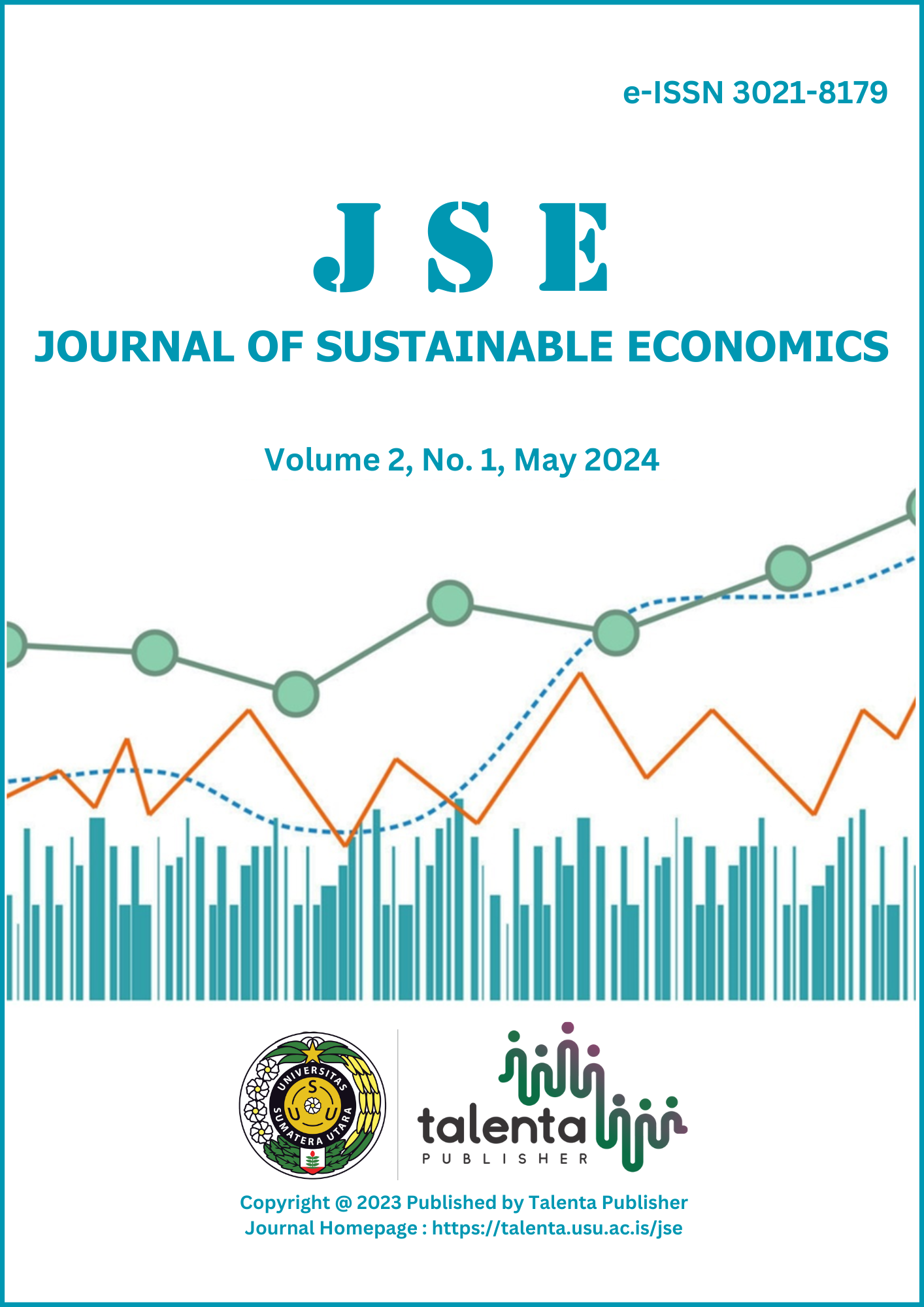Moslem Intention to Use Sharia Peer to Peer Lending: A Case in Indonesia using Technology Acceptance Model (TAM)
DOI:
https://doi.org/10.32734/jse.v2i1.16590Keywords:
Interest, sharia peer to peer lending, Technology Acceptance Model (TAM)Abstract
Rapid technological developments have an impact on the growth of the digital economy, one of which is the Financial Technology (fintech) sector. One of the fintechs that is developing in the society is fintech peer to peer lending. Currently, sharia-based fintech peer to peer lending is also present as an alternative solution for people who want to fund and apply for sharia-based financing. To see the development of sharia peer to peer lending, the researcher conducted this research with the aim of analyzing the factors that influence the interest of the Indonesian people in using digital technology services, namely sharia peer to peer lending using the Technology Acceptance Model (TAM). The research method used is quantitative research using primary data, namely through distributing questionnaires to 100 respondents, both those who have used sharia peer to peer lending or have never used it. The variables used in this study were adopted from the Technology Acceptance Model (TAM), namely trust, ease of usefulness, risk and sharia compliance. The conclusion of this study shows that all variables do not have a positive influence on interest in using sharia peer to peer lending.
Downloads
Downloads
Published
How to Cite
Issue
Section
License
Copyright (c) 2024 Journal of Sustainable Economics

This work is licensed under a Creative Commons Attribution-ShareAlike 4.0 International License.













